Cyril Ramaphosa's Second Term: A Commitment to Address Inequality in South Africa
The political landscape of South Africa has entered a transformative phase as President Cyril Ramaphosa was officially sworn in for his second term. In a significant departure from previous administrations, the African National Congress (ANC) will share power with five other political entities. This coalition government, formed subsequent to the ANC's loss of its parliamentary majority in the May 29 election, includes the pro-business Democratic Alliance (DA), among others.
Ramaphosa's Promises to South Africans
Ramaphosa's second term is underscored by his promise to address the rampant inequalities that have plagued the country. Recognizing the voters' immense disenchantment with the ANC, he acknowledged the necessity for drastic measures to improve access to basic services. In his inaugural address, he emphasized that South Africans should not continue to wait for essentials such as food, decent housing, clean water, electricity, healthcare, and quality education.
The Dynamics of the New Coalition Government
This coalition is expected to chart a new course in South African politics. Investors have expressed cautious optimism, particularly due to the inclusion of the DA, a party known for advocating structural reforms and prudent fiscal policies. However, analysts are also apprehensive about potential ideological conflicts that could destabilize the new government. Central to these concerns is the DA's stance on the ANC's Black Economic Empowerment program, which has been a point of considerable debate and controversy.
Unresolved Portfolio Allocations
As of now, the composition of the new government remains undecided, with Ramaphosa indicating that the details will be hammered out in negotiations with coalition partners. The careful balancing act required to accommodate varying party ideologies and priorities is poised to be a challenging endeavor, one that Ramaphosa must navigate to maintain stability and unity within the government.
Voters’ Frustration and the Path Ahead
The election results serve as a stark reminder of the electorate's frustration with enduring issues such as poverty, unemployment, crime, and corruption within the ANC's ranks. Ramaphosa has acknowledged these concerns, stressing the critical need to bridge the glaring socio-economic gaps that divide South Africans. His vision entails forging a more equal society where every citizen has the opportunity to thrive.
The Inauguration Ceremony: Symbolic and Prominent Attendance
The inauguration ceremony held in Pretoria was not just a political event but a symbol of international solidarity, attended by heads of state and dignitaries from across Africa and beyond, including representatives from Cuba—a nation with historical ties to the ANC. The visible support underscores the broader international community's watchful interest in South Africa's next steps.
Historical Context and Economic Challenges
South Africa’s modern political history is deeply intertwined with issues of inequality and economic division. The ANC originally rose to power on the backs of promises to address these intrinsic problems, but decades later, the level of progress remains insufficient for many citizens. The nation's economic challenges are compounded by the global context: trade tensions, fluctuating commodity prices, and the lingering impacts of the COVID-19 pandemic have all played roles in shaping the current outlook.
Ramaphosa’s Economic Strategy
Addressing these economic challenges requires a multifaceted approach. Ramaphosa’s strategy is expected to include measures aimed at stimulating growth while ensuring fair distribution of resources. However, with the DA in the coalition, his administration may face pressure to scale back or fundamentally redesign certain programs that historically bolstered inequality, such as affirmative action policies.
Grassroots and Local level Implementation
To actualize his ambitious vision, initiatives will need to be implemented effectively at both national and local levels. This means working closely with municipalities to ensure that resources are distributed efficiently and services reach the most vulnerable populations. Ensuring accountability at these levels will be crucial to maintain public trust and support.
Potential Roadblocks and Solutions
The road ahead is fraught with potential roadblocks—chief among them being the ideological divides within the coalition government. Finding common ground on key issues will demand dexterous negotiation and a willingness to make concessions. Ensuring open lines of communication and fostering a culture of cooperation rather than competition will be essential for the coalition’s success.
International Relations and Bilateral Partnerships
On the international front, maintaining and strengthening bilateral partnerships will be a priority. Ramaphosa’s administration will likely seek to build on existing relationships while exploring new opportunities for trade and investment. Developing a stable political environment will be key to attracting foreign investment and fostering economic growth.
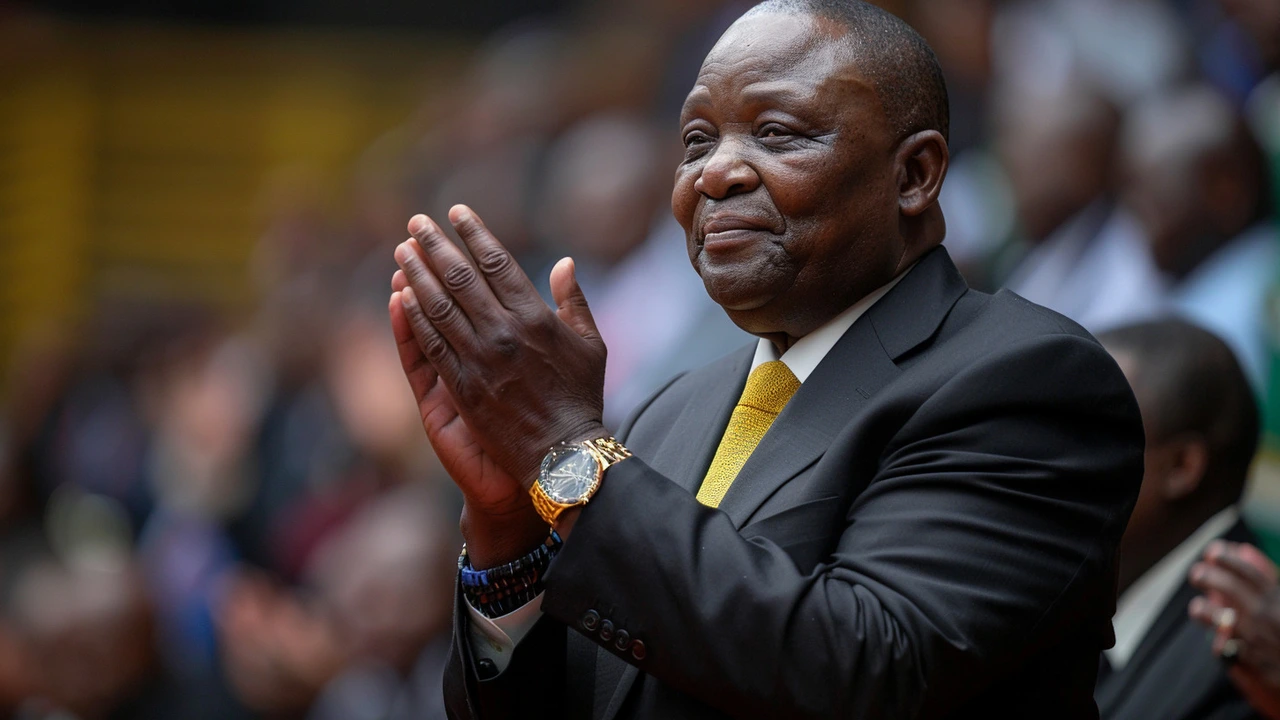
Conclusion: A Time of Change and Hope
Ramaphosa's vow to fight inequality and improve living conditions is more than just political rhetoric; it is a commitment to addressing the deep-seated challenges that continue to hold South Africa back. As the nation steps into this new era of power-sharing, the eyes of both citizens and the international community will be on the new government. The coalition's ability to work together and deliver on their promises will ultimately determine the future trajectory of South Africa, as it strives to build a more just and equitable society for all its people.

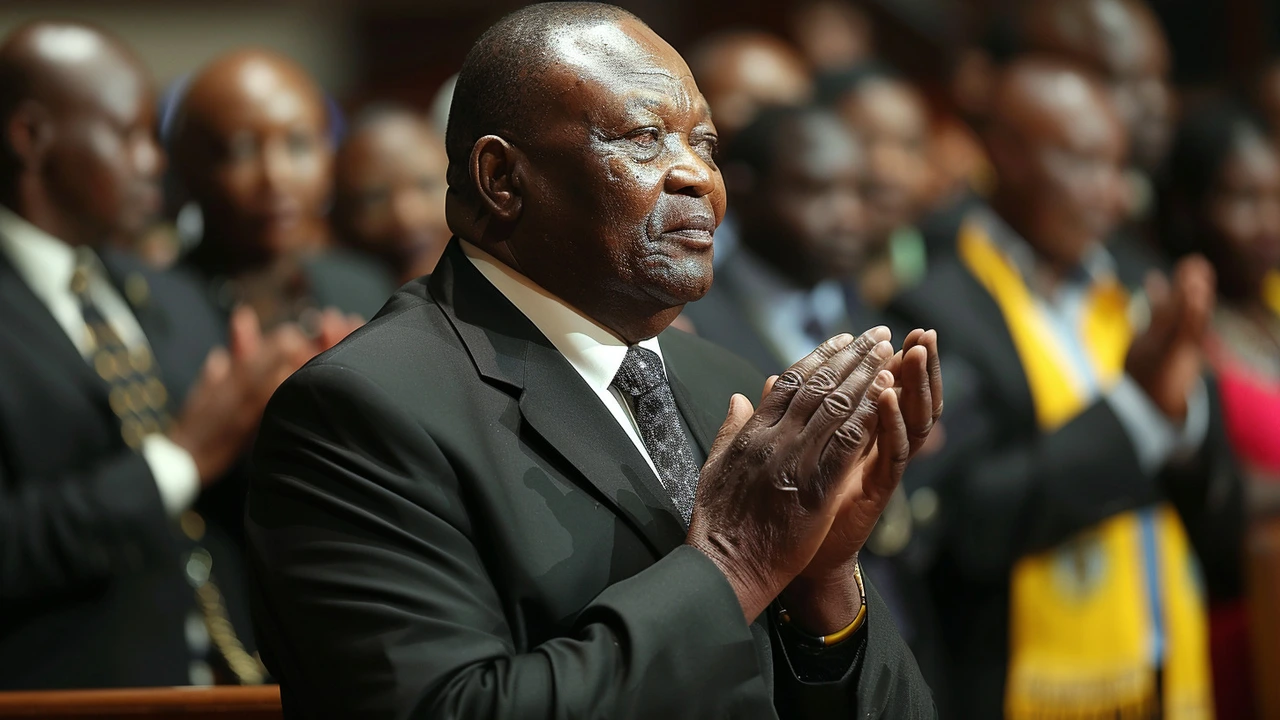
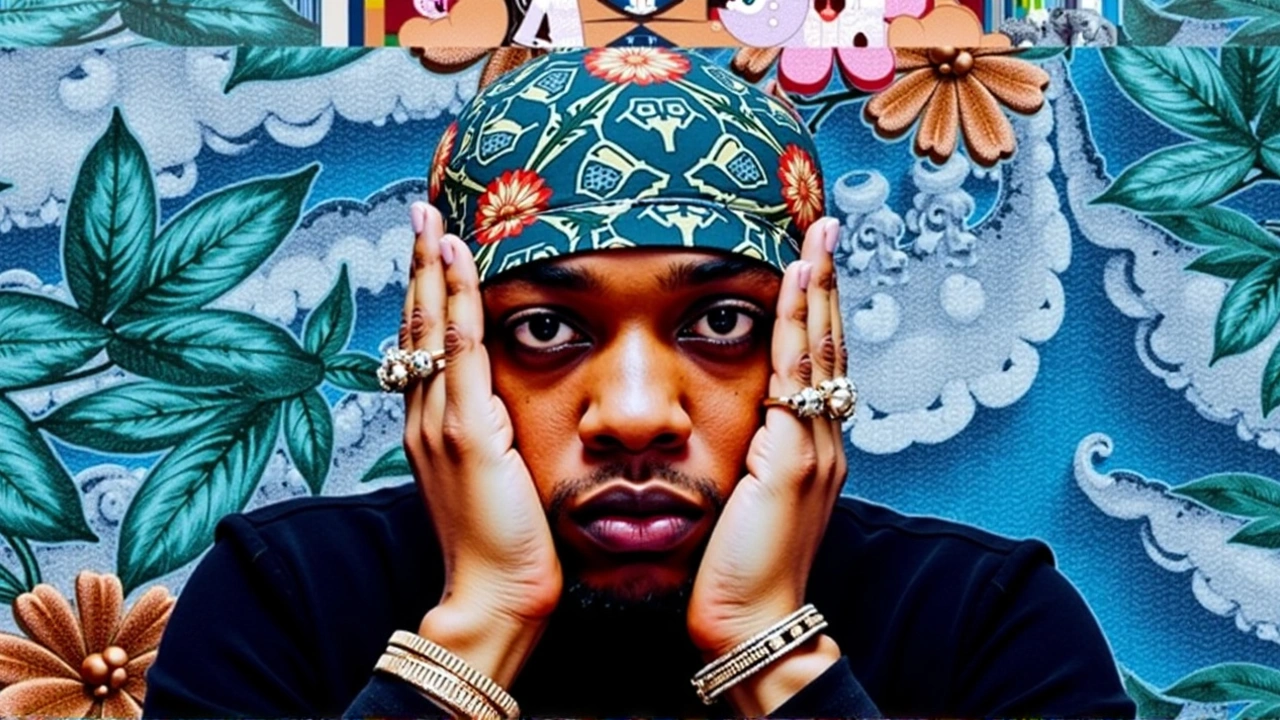

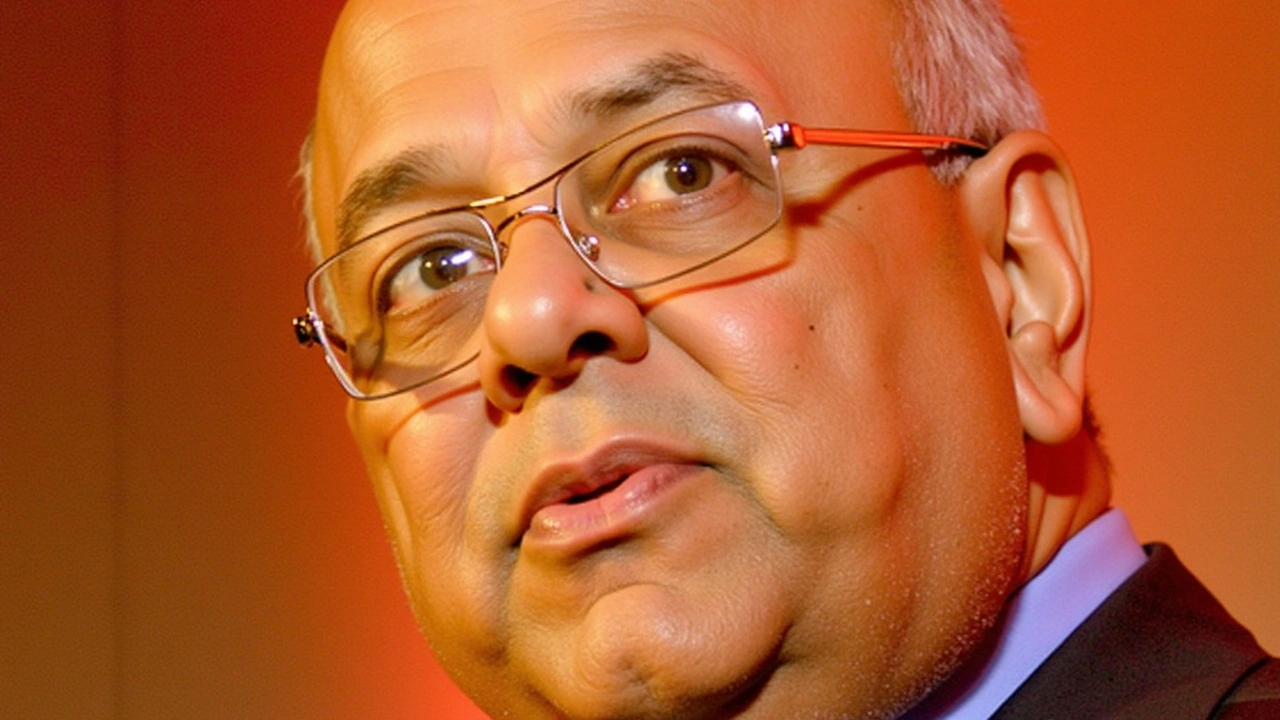


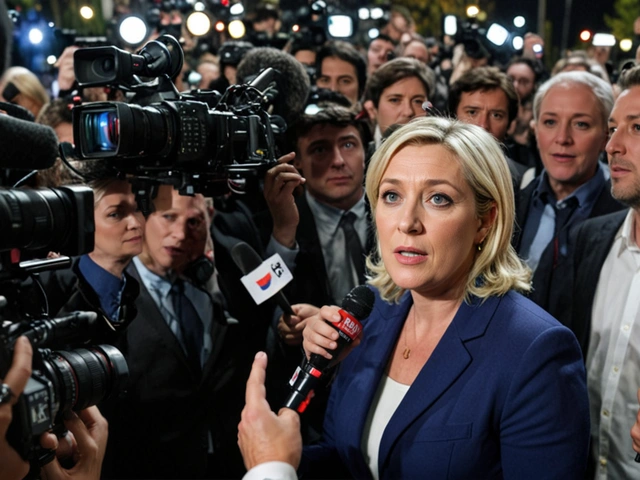

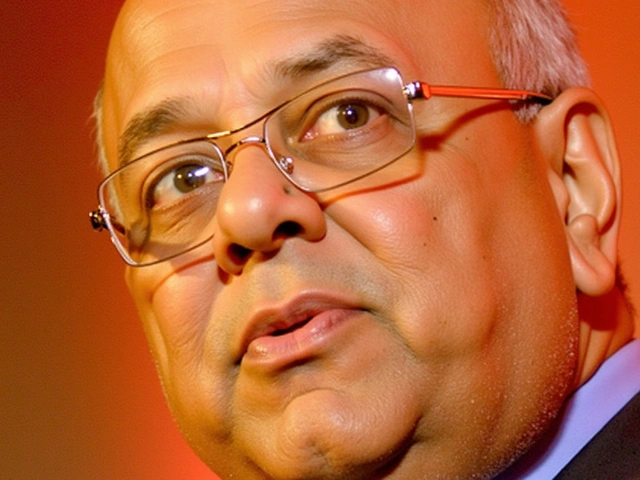
Hina Tiwari
June 20, 2024 AT 19:10 PMThat power‑sharing set‑up could finally give the smaller parties a real voice, especially when it comes to service delivery in tiowships. The ANC’s need to team up with the DA means they’ll have to rethink some of the old patronage networks that have kept many communities stranded. If the coalition can push through water and electricity projects quicker, we might see a drop in the daily frustrations people face. Of course, the ideological clash over BEE could stall things, but there’s a chance for compromise if both sides stay focused on the people. I’m hopeful that this new chapter might ease some of the pressure on families who’ve been waiting for basic services for years.
WILL WILLIAMS
June 20, 2024 AT 21:00 PMMan, this coalition could be the spark South Africa’s economy needs-imagine fresh energy flowing into startups and renewable projects. With the DA’s fiscal chops and Ramaphosa’s push on inequality, we might finally see jobs sprouting like crazy. Let’s keep the hype alive and hold the leaders accountable!
Barry Hall
June 20, 2024 AT 22:50 PMA balanced coalition is the best hope for real change, and I’m rooting for it 😊.
abi rama
June 21, 2024 AT 00:40 AMSeeing the ANC partner up with parties like the DA feels like a sign that South Africa is ready to turn the page on stagnation. If they can hammer out a clear plan for housing and education, the ripple effect will reach every suburb and township. The key will be transparent budget talks, so taxpayers know where every rand goes. I trust that a mix of progressive policies and sound fiscal management can bridge the gaps that have haunted the nation. Let’s stay optimistic and keep an eye on the progress reports.
Megan Riley
June 21, 2024 AT 02:33 AMRamaphosa’s pledge to slash inequality is exactly the kind of bold vision the country needs right now! The new power‑sharing model opens the door for fresh perspectives that were previously shut out, and that can only mean more ideas on the ground! First, we need to tackle the water crisis; millions still walk miles for clean water, and any coalition agreement must lock in funding for pipe repairs and new reservoirs! Second, electricity access has to be universal-no more load‑shedding that leaves families in darkness during dinner time! Third, the education system must get a serious upgrade, from early childhood centers to university scholarships for the under‑privileged! The DA’s track record on fiscal discipline could help keep the budget in check while the ANC pushes social programs, a win‑win if they play nice! However, the big elephant in the room is the future of Black Economic Empowerment; a watered‑down version could betray the very communities it was meant to protect! Open dialogue on this topic will be crucial, and civil society must stay loud about their expectations! Local municipalities will also need stronger oversight mechanisms so that funds don’t disappear into corrupt channels! Community leaders should be included in monitoring committees to ensure transparency! International investors are watching closely, and a stable coalition could bring a wave of new projects that create jobs! At the same time, the government must protect the most vulnerable from sudden policy shifts that could hurt small businesses! Trade unions will likely demand safeguards for workers, and their input should be woven into any labor reforms! Public health cannot be ignored-post‑COVID recovery plans must prioritize clinics in rural areas! Finally, the success of this coalition will hinge on trust; every party must honor its commitments and avoid political theater! If all these pieces fall into place, South Africa could finally start to close the gap that has divided it for decades! Let’s keep the momentum going and hold our leaders accountable every step of the way!
Lester Focke
June 21, 2024 AT 04:23 AMThe current configuration of the South African legislature represents an unprecedented convergence of divergent ideological currents. One must acknowledge that the malleability of policy under such a coalition could either engender innovative governance or precipitate legislative inertia. It is imperative that the coalition’s deliberations adhere to a rigorous evidentiary standard, particularly when revising affirmative action frameworks. Only through such scholastic exactitude can the specter of systemic inequality be duly mitigated.
Naveen Kumar Lokanatha
June 21, 2024 AT 06:13 AMThe coalition arrangement offers a unique platform for collaborative problem solving across party lines. By pooling expertise from both the ANC and the DA, the government can design more resilient infrastructure projects. It is vital that fiscal policies remain transparent to maintain public trust. Equally important is the need for local governments to receive clear directives for service delivery. Stakeholder engagement at the community level will ensure that policies translate into tangible benefits. With disciplined implementation the country can move toward greater socioeconomic balance.